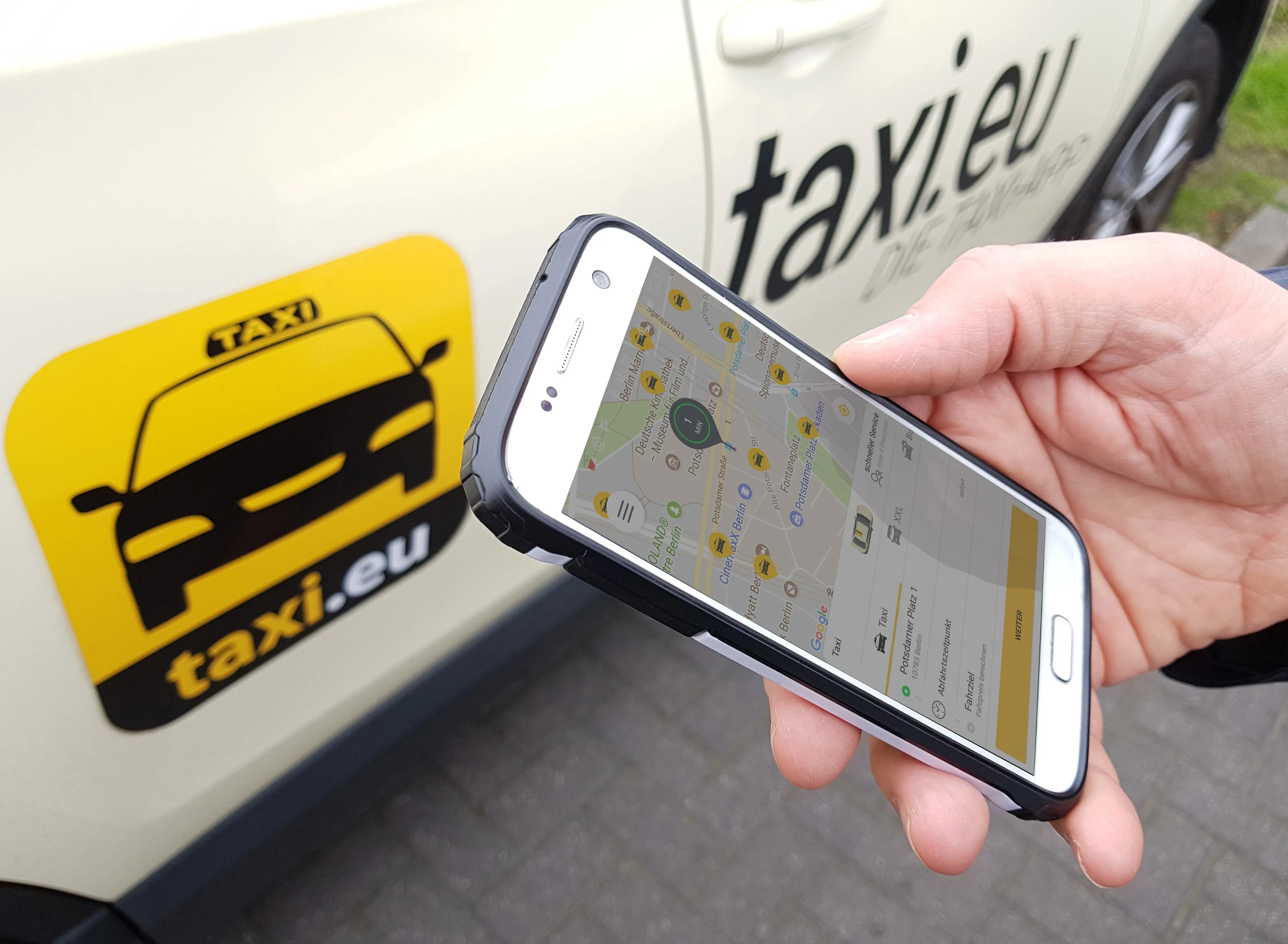Blue Sky Network has launched the HawkEye 5300 dual-mode tracking device leveraging both GSM and Iridium satellite capabilities. It offers two-way real-time communication which automatically and seamlessly switches between Iridium and quad-band GSM networks. This provides land fleet operators with lower monthly tracking costs while delivering 100% global visibility.
January 25, 2012
Read time: 1 min










